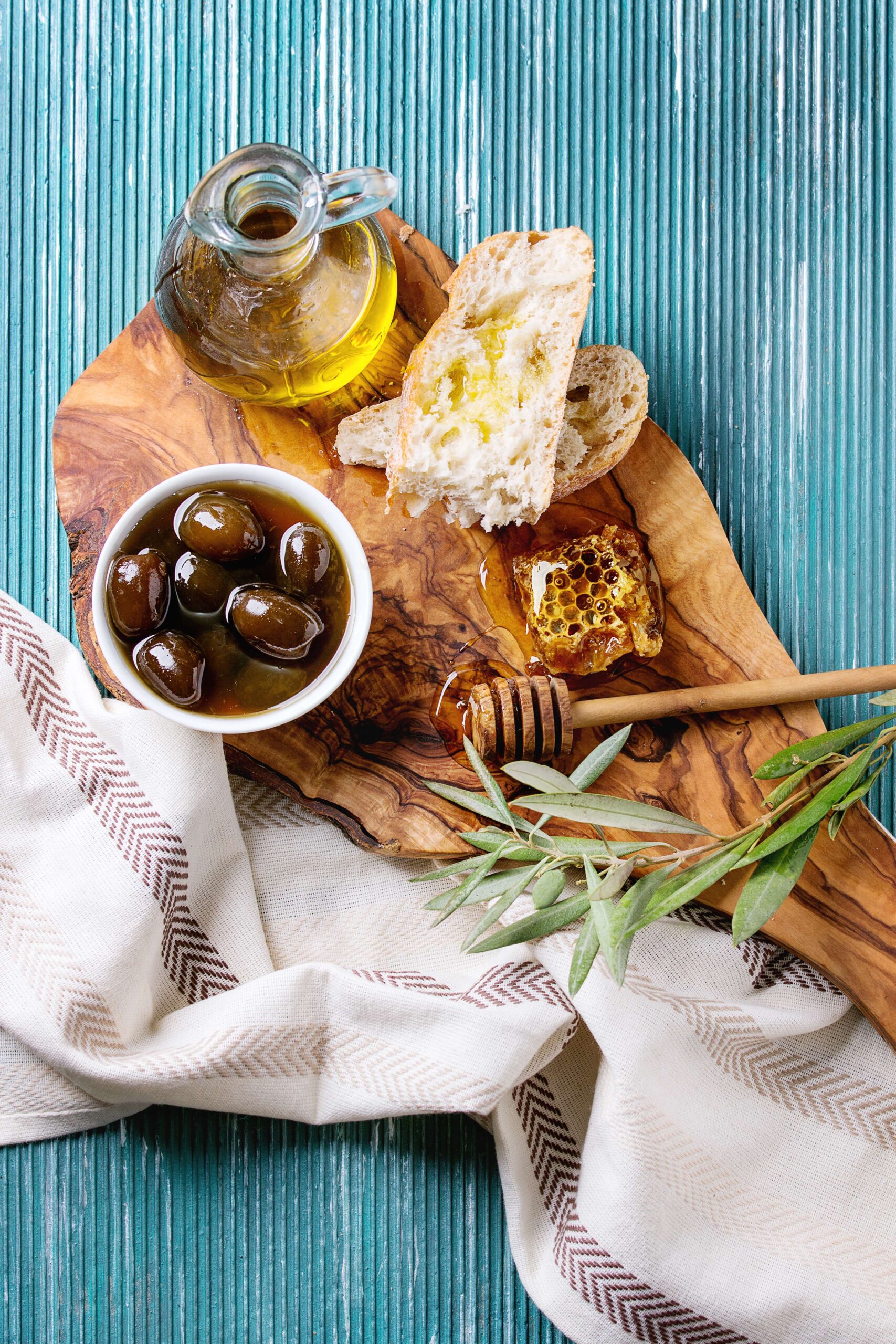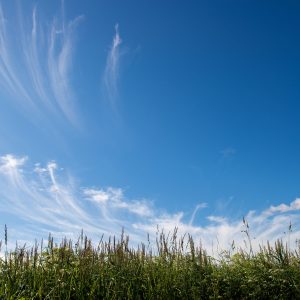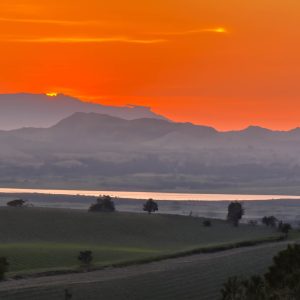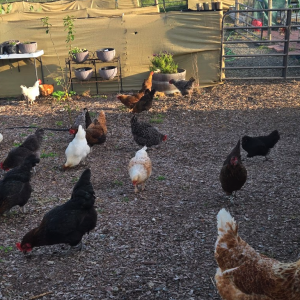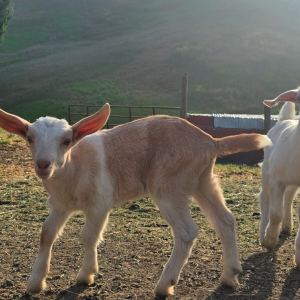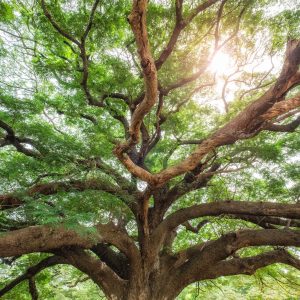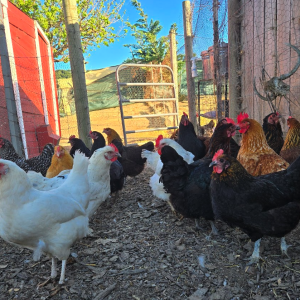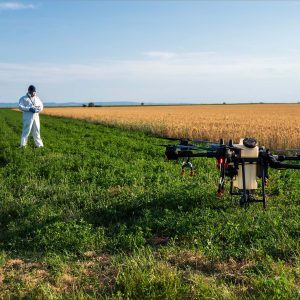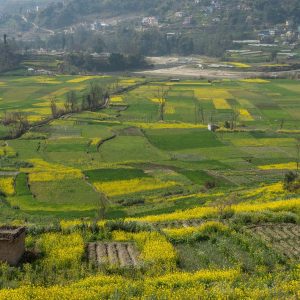Olive Trees and Olive Oil in Israel: Interesting Facts
1. Ancient History & Biblical Significance
- Olive trees have been cultivated in Israel for over 6,000 years, making them one of the oldest agricultural staples in the region.
- The olive tree is mentioned dozens of times in the Bible, symbolizing peace, prosperity, and divine blessing.
- The Mount of Olives, overlooking Jerusalem, is named after the olive groves that covered it in ancient times.
- Ancient olive oil was used for anointing kings, lighting menorahs in the Temple, and healing purposes.
2. Unique Varieties in Israel
- Suri (Syrian): One of the most popular and ancient olive cultivars, believed to have originated in the region over 3,000 years ago.
- Barnea: A modern Israeli variety bred for high yield and disease resistance, known for its mild, fruity taste.
- Nabali Baladi: A traditional Palestinian variety, known for its rich, strong flavor.
- Coratina & Picual: Imported varieties adapted to the Israeli climate.
3. Oldest Olive Trees in Israel
- Some olive trees in Galilee and the Golan Heights are estimated to be over 1,000–2,000 years old.
- The ancient olive trees in the Arab-Israeli village of Deir Hanna are among the oldest in Israel, producing olives for centuries.
4. Traditional Olive Oil Production
- Archaeologists have discovered thousands of ancient olive presses across Israel, dating back to Canaanite and Roman times.
- Traditional cold-press methods are still used in some villages, producing high-quality extra virgin olive oil.
- Some olive presses use stone crushing methods, similar to those used thousands of years ago.
5. Israeli Olive Oil Industry Today
- Israel produces about 16,000–18,000 tons of olive oil annually, with 90% being extra virgin quality.
- Organic and boutique olive oil brands have gained international recognition, winning awards in global olive oil competitions.
- Olive oil festivals occur in November and December during the harvest season, with events in the Galilee, Jerusalem, and the Negev.
6. Unique Olive Tree Adaptations
- Olive trees in Israel have adapted to survive in semi-arid conditions, with deep root systems to access underground water.
- Some trees are self-rejuvenating, meaning even if they are cut down, they can regrow from their root system.
7. Olive Oil in Israeli Cuisine & Culture
- Za’atar and olive oil: A staple breakfast dish where pita is dipped in olive oil and then in za’atar (thyme-based spice blend).
- Labneh with olive oil: A popular creamy cheese spread served with fresh olive oil.
- Olive oil is a major ingredient in Israeli salads, hummus, and traditional Middle Eastern dishes.
8. Olive Oil & Science in Israel
- Israeli researchers have developed new irrigation techniques to enhance olive oil yield while using minimal water.
- Studies from Israeli universities suggest that olive oil from the region has particularly high antioxidant properties due to the unique climate.
- High-tech AI-powered olive harvesting is being tested in modern Israeli farms.

